After I graduated high school, I did not go straight to college. Instead, I packed my bags in San Francisco and boarded a flight to New Hampshire. A year later, this is what I had learned.
The Back Story…
I had planned to take a gap year between high school and college ever since my sophomore year. I wanted to see and experience something other than academics and extracurriculars. My childhood hero was Mother Theresa, so I jumped at the opportunity to work with underprivileged individuals. And somehow I found myself in Middle-of-Nowhere New Hampshire, a new young staff at an addiction-recovery program for adults mostly older than me.
The facility where I worked was nothing short of incredible. It was a community- and relationships-focused recovery program that lasted 13 months. Residents would apply and, if accepted, come to the facility for free. Free! Anyone familiar with recovery programs knows that they can cost tens, if not hundreds, of thousands of dollars. Our program? Not a penny.
Instead, residents had to earn their keep. They harvested from the gardens. They cleaned the animal stalls. They built new buildings. They stoked the fires. They did laundry, cleaning, cooking, more cleaning, planting, painting, and fixing. In exchange they received room and board, professional counseling, group therapy, leisure activities, and a chance to start a new life.
Many people have asked me, why would you go work at a recovery center, of all places? To this day, I say, I don’t really know.
But I do know. Part of it was because I was drawn to the root of human suffering and wanted to participate in someone else’s victory. I wanted to explore my own story– which, though free of addiction– had its own abundance of brokenness. And I wanted to prove that there was more to me than a privileged, Californian 18-year-old headed to Harvard. Mostly I needed to prove it to myself.
And as usual, I got so much more out of the experience than I had bargained for. That year living and working among recovering adults changed me. And though now it feels that my service at a recovery center was many years ago, I think the lessons I learned there still inform my daily existence.
Lessons I Learned While Working in Addiction Recovery
1) Addiction does not discriminate.
Race, religion, socio-economic status, education level– none of these are predictors for whether or not a person will fall into addiction. The residents who came for healing had a variety of backgrounds.
2) Recovery and transformation take time– a lot of time.
Why is it that so many 30-day programs don’t work? Mostly, I realized, because they failed to address the root causes of addictive behavior. “Just say no” is easy to say, and harder to do; rather than simply targeting the addiction, we have to dig deeper and ask what has caused the addiction, and heal that.
3) Not everyone is ready to change.
During my time there, many residents came and left. It is hard work to face yourself, to own up to your mistakes, and to understand the depth of consequences. Not everyone is always ready for this. Sometimes it takes a long time to be ready.
4) Human evil is uncreative.
One thing that surprised me once I learned about the residents’ stories was that so many of them had similar elements. Rape, abuse, drug use, abandonment, violence, rejection– these themes kept reappearing in story after story. I realized, then, that evil is an uncreative force. While the individuals were unique, their pasts were not: there are only so many ways that humanity can hurt itself, but they are effective.
On the bright side, I learned that good is creative. As women and men rose from the ashes of their past, they discovered new passions, new skills, and new desires. Such victory was so sweet to witness.
5) Intelligence doesn’t solve everything.
Oftentimes we grow up with the idea that a particular character trait– or possession, for that matter– can solve all our problems. For me, it was intelligence. If I were smarter, then this wouldn’t have happened. If they were only smarter, then they wouldn’t be in this predicament.
Boy, was I wrong. Some of the residents who came were unbelievably smart– and yet they found themselves in the clingy web of addiction. There was a deeper strength that they needed– one of spirit– in order to overcome their past.
6) It takes a village to save a person.
Living in community was rough for residents and staff. To be constantly vulnerable was new for many, and especially tough on those with addictive behaviors. Addiction has the power to isolate, and causes the person to hide, lie, and deny the truth from friends and family.
But to come into the light– into the presence and witness of others– is to surrender that story of loneliness and guilt. Chains are sometimes broken simply by speaking out the truth, and asking one’s community for accountability. There is nothing braver than saying, “I can’t overcome myself on my own. Help me overcome.”
The end of the journey
In June 2010 I completed my year of service at the facility and headed to college that fall. It took me a while to get used to a pen and paper again, but I had no regrets.
Unlike many of my younger classmates, I could say that I had seen a different side of humanity.
I could say that I had seen immeasurable grace take hold of human hearts, exchanging stone for flesh.
I could say that I had seen those who had been forsaken for dead and useless, come back to life with vigor and hope.
And, I had learned to live a little more fearlessly and a little more dangerously– for the sake of those around me.
*If you’re interested in supporting or volunteering at this facility, please let me know!

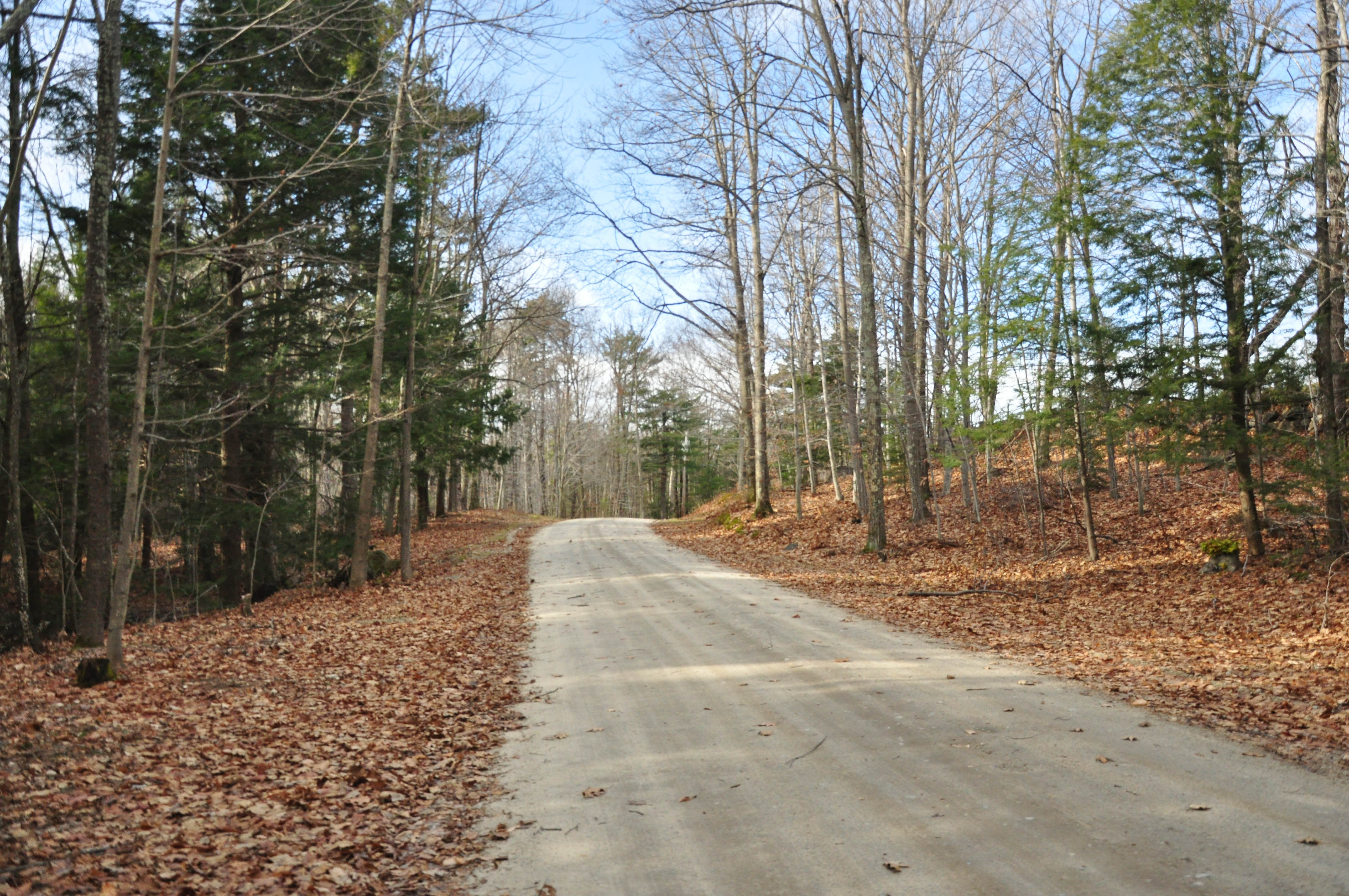
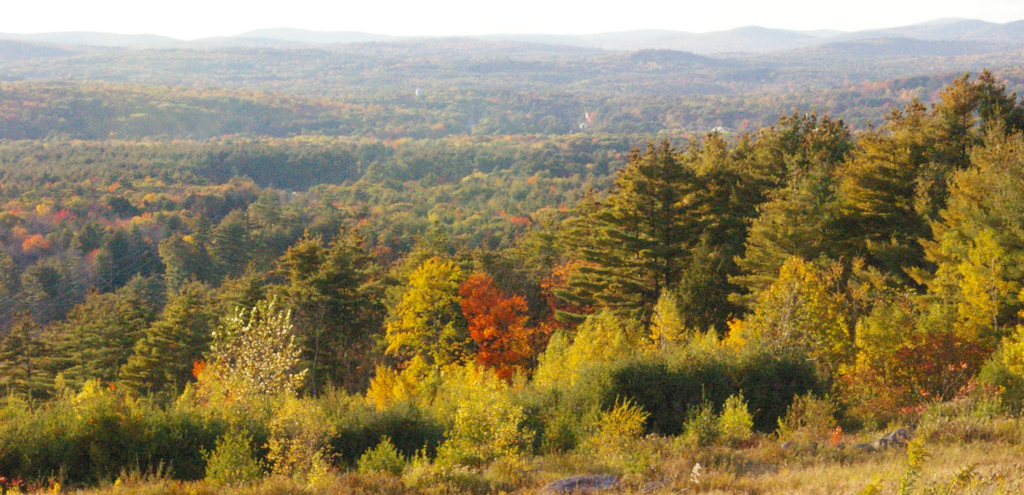
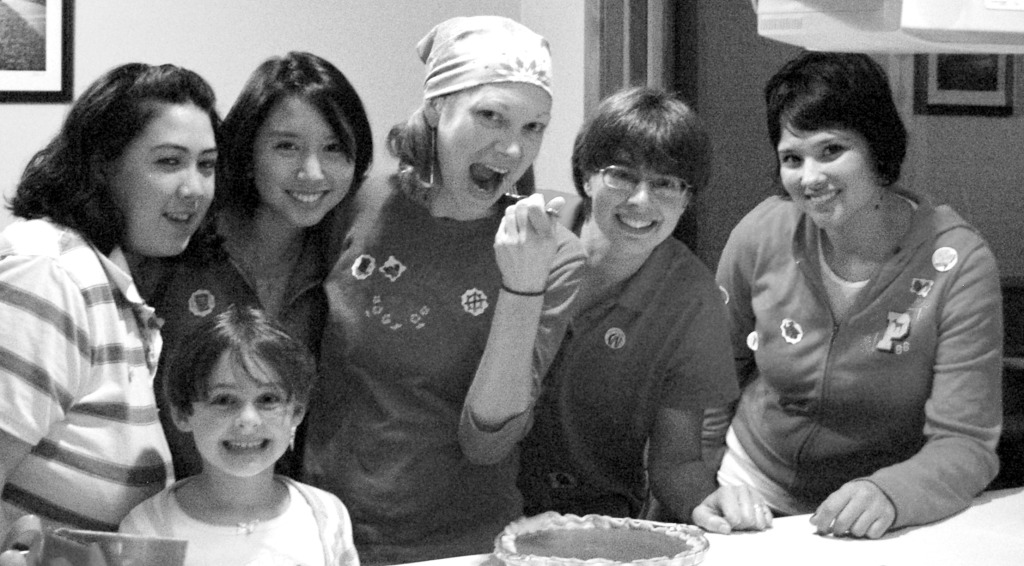
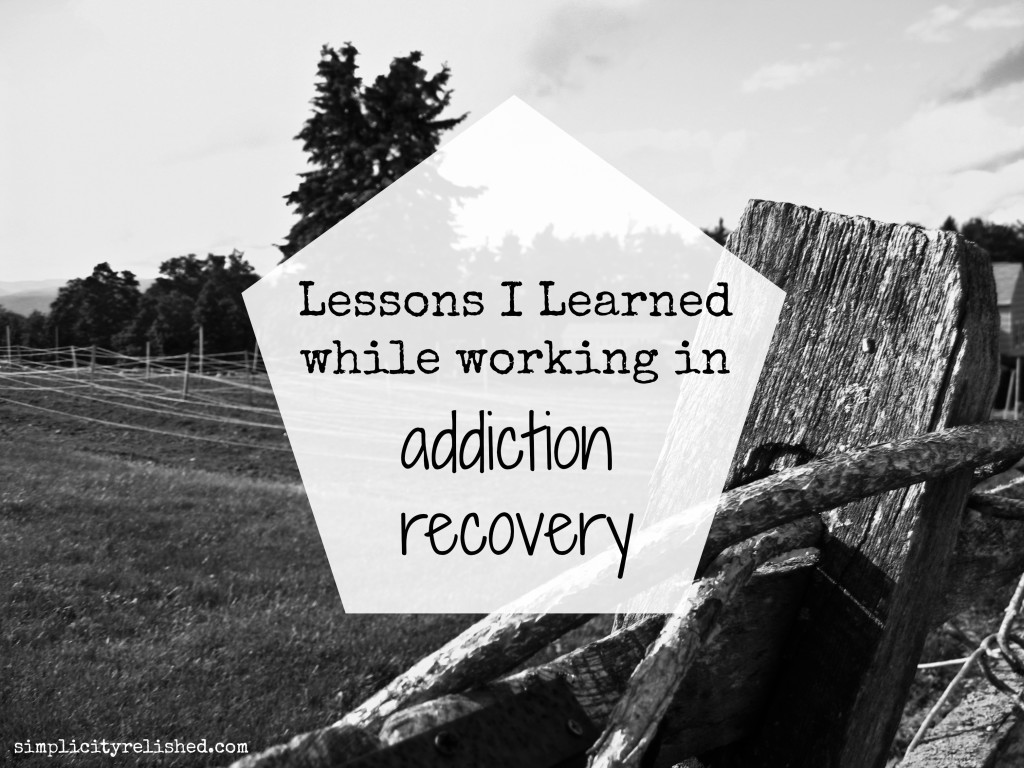
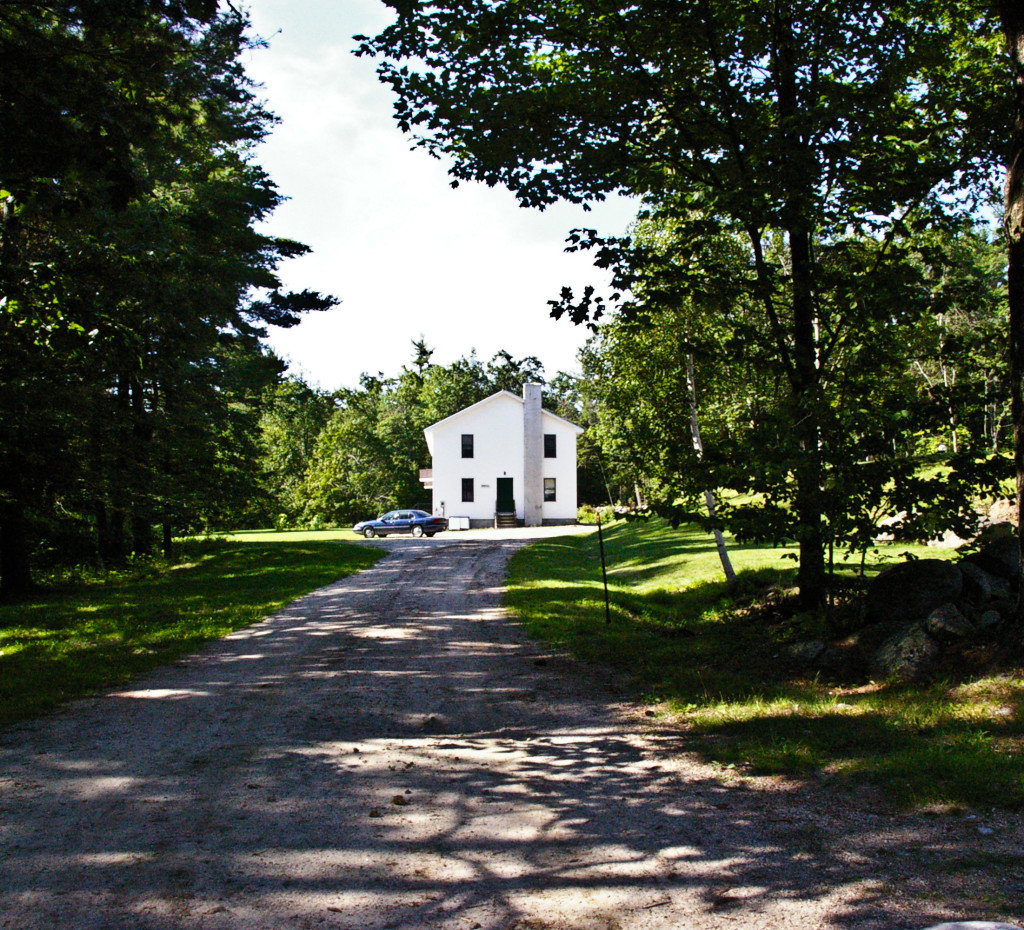
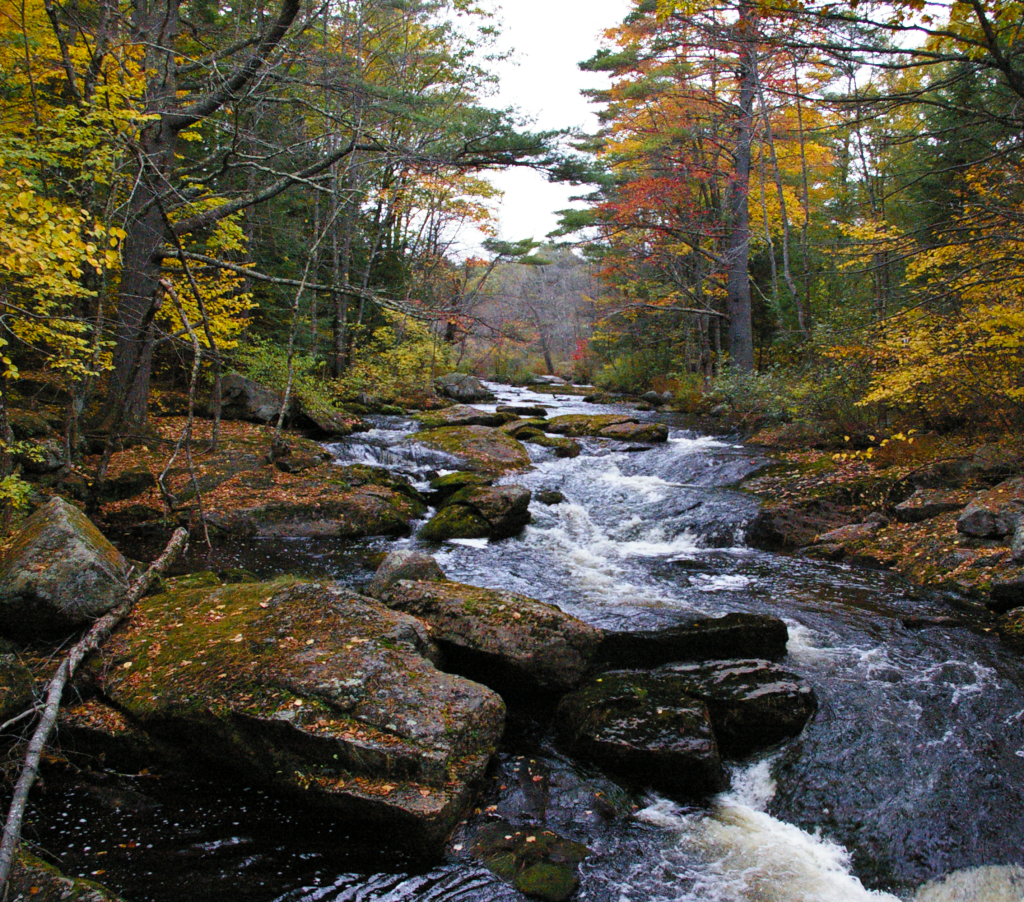
What an incredible post. I have more experience with addiction than I’d like (all secondhand via friends and family) and it’s such a devastating thing. I totally agree with everything you said here and really feel like everyone should give this a read – there’s a lot to be learned here whether you’ve ever had an obvious/direct experience with addiction or not.
K.xo
http://www.rarelytakenseriously.com
These lessons are so true … I have so many individuals who sit across the desk from me daily that are battling the demons of addiction and many are dual diagnosis with mental illness compounding it. So many believe because they’ve met with a counselor a few times or completed a 28 day stint in an inpatient rehab or 90 day outpatient program that their problems are over. Sometimes, yes, but so much more often, its not sadly. I wish we had a few more programs like the one you volunteered at around here for those who otherwise cannot financially afford a long-term program.
This is so interesting and so you! I admire you for taking a gap year and seeing a different side of life. It’s one of those things I wish I had done after high school, but literally never thought of. I definitely agree that addiction doesn’t discriminate and intelligence doesn’t solve anything – or save you from addiction. I love your point, that human evil is uncreative, but good is.
Really enjoyed reading this 🙂 Such a unique journey for someone right out of high school… I never would’ve thought to do anything like this. Thanks for sharing!
I love this post Daisy!! I had no idea that you did this and I love learning this about you! I’ve said it before, but you have such an amazing, kind heart. What an incredible experience! I so agree that intelligence doesn’t solve anything. I believe that a person’s intellect has nothing to do with where they end up in life, and that it has more to do with their circumstances and how they were treated. I really like the concept on this recovery center, and i’m glad it exists to give people hope and help them get back on their feet!
What a great experience! I’m sure that’ll stick with you and mold you throughout your life!
Sounds like an incredible and insightful experience. I had a similar one while in medical school doing my rotations in psych. It amazes how terrible some people’s lives are and it definitely can lead to awful disorders. I love that the residents fund their stay
Dresses & Denim
This is incredible! How amazing that you’ve done this. You definitely learned more about yourself and others in this one year than you would have if you’d just taken right off to college. There are some things that classrooms cannot teach.
Wow, thanks for such insight into a world that I (fortunately) do not know much about. I think it can be so easy to pass judgment on those who have problems with addiction, but it really can happen to any of us.
I think it’s wonderful that you also took a year between high school and college to try something else out for a bit. I sometimes wish that I had done something similar!
Thank you for sharing wit your readers this part of your experience, Daisy. What a great insight in that part of life and I fully agree that addiction does not discriminate. I’ve seen the most beautiful and wisest friends that fell victim to it, also lost a couple of friends to it too. It’s sad but I wish they have the courage and strength to find help but then again, they were not ready to change so regardless what we do or try to do, they were just unwilling to change.
Shireen | Reflection of Sanity
Oh wow, this is an incredible experience and such an amazing reflection. I really appreciate you sharing this and wish I could do something as influential!
What an incredible experience! I love that you took the time to share about this. As someone who has family members who have dealt with addiction, it’s really refreshing to hear such truths about addiction–I think our society is so confused about addiction. The whole idea of white-knuckling your way through or “just getting over it” is so off base. You’re so right–it takes a whole lot of support and it takes time. I’m so grateful for programs like the one you worked for and support groups that help people struggling with addiction because it’s made my family life better. 🙂
i think it would have been awesome to take a gap year! And what a way to make a difference 🙂
I loved learning about this part of your story, Daisy. What an incredible experience to center your young soul before entering college, and clearly it’s had a long-term impact on you as you grew into an adult! Thanks for sharing your heart and these beautiful insights. I especially resonated with “it takes a village” — I believe that’s true in so many struggles, but being vulnerable and asking for help in our weakest moments can be one of the hardest things to do.
This is incredible! Definitely inspiring. A facility like that sounds amazing unlike other rehab centres that practically force addicts to go. Growing up around someone with addiction I know first hand that people need to WANT to change themselves, otherwise they just end up back in facilities time and time again. I love the idea of people signing themselves in and having to work to earn their keep. Thanks for sharing!
Renee | Lose The Road
I can’t imagining working with people who suffer from addiction. I think that you took a gap year to help others really shows how selfless you are. It takes strong people to want to help those who struggle and have lost their way. Bless you Daisy and have a lovely weekend! (:
http://www.accordingtokiki.net
Thanks for sharing this Daisy! I didn’t know about your gap year and I think this is a really inspiring thing to share. I never would have thought about working in addiction recovery, but wow, I can see how you could gain so much insight and help others out in the ways they need it most. You have an incredible heart, Daisy and it shows in the words and messages you share, so generously!
Wow that sounds like such a wonderful gap year to undertake! What an amazing blessing to look back on and think of how you helped so many people when they needed help the most! that had to have been a tough thing to decide to do, to help out there.
So much more I could say, but I just wanted to say thank you for doing what you did, and for sharing your story to maybe inspire others to do something similar! 🙂
Away From The Blue